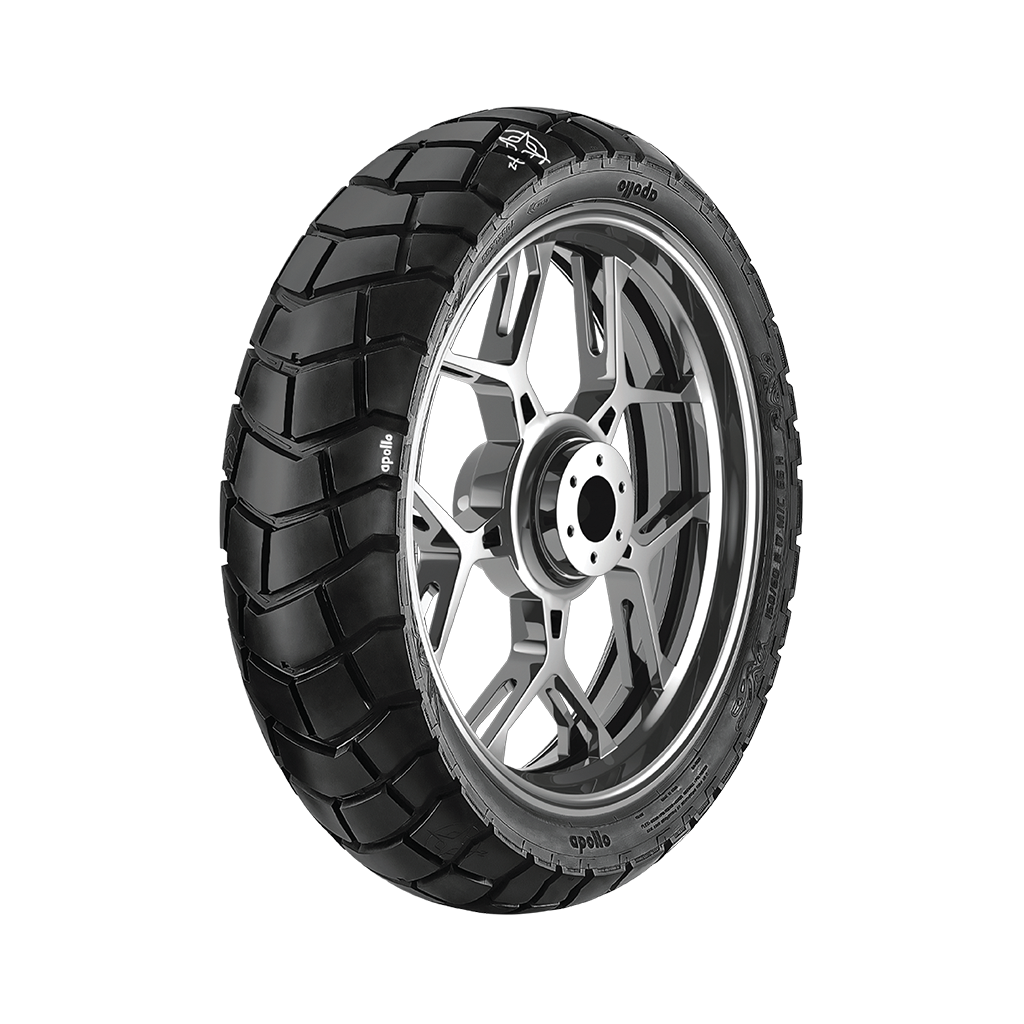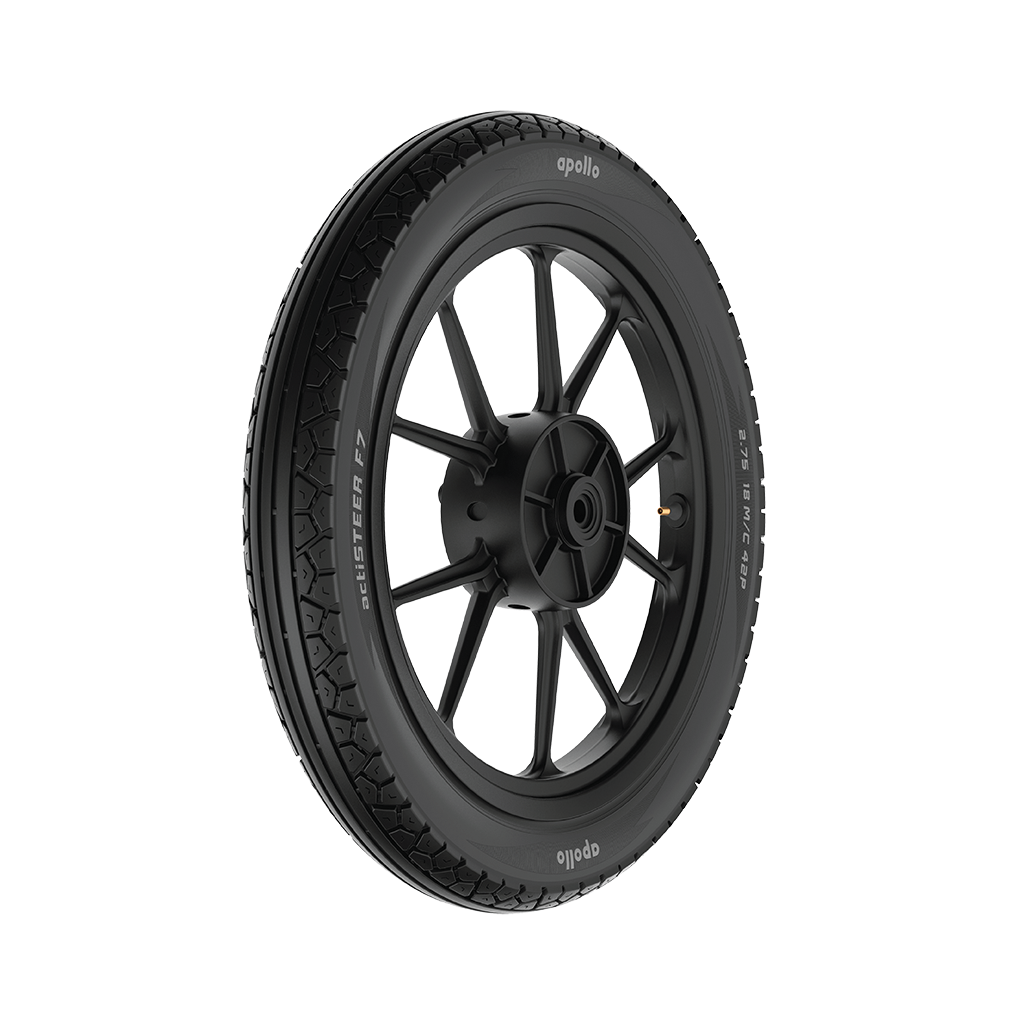Sustainable Innovation in Bike Tyres: The Shift Towards Eco-Friendly Riding

With growing environmental concerns, the automotive industry is making significant strides toward sustainability, and bike tyres are no exception. From using renewable materials to developing energy-efficient manufacturing processes, tyre innovations are now focusing on reducing carbon footprints while maintaining high performance.
The demand for eco-friendly tyres is increasing as riders seek options that offer durability, safety, and minimal environmental impact. Modern tyres now incorporate sustainable raw materials, advanced tread designs, and innovative technologies to enhance fuel efficiency and longevity.
The Move Towards Sustainable Tyre Materials
One of the biggest shifts in tyre manufacturing is the use of renewable and recycled materials. Traditionally, tyres rely on synthetic rubber and petroleum-based compounds, which contribute to environmental degradation. Today, the focus is shifting toward:
- Natural rubber alternatives to reduce dependency on fossil fuels.
- Silica-based compounds for lower rolling resistance and better mileage.
- Recycled and bio-based materials that minimize waste while maintaining durability.
By incorporating these materials, manufacturers are not only reducing their environmental footprint but also improving tyre performance, ensuring better grip, fuel efficiency, and longevity. This shift benefits both the rider and the planet, creating a balance between performance and sustainability.
Energy-Efficient Manufacturing and Low Rolling Resistance
Sustainability isn’t just about materials—it extends to how tyres are produced and how they perform on the road. Advanced tyre technologies now focus on:
- Lower rolling resistance, which helps reduce fuel consumption and CO₂ emissions.
- Energy-efficient manufacturing that cuts down carbon emissions during production.
- Durable tread designs that enhance tyre lifespan, reducing waste generation.
Low rolling resistance tyres, in particular, play a crucial role in making motorcycles more fuel-efficient. By reducing the energy required to keep the tyre moving, they contribute to lower fuel consumption and emissions, making them an ideal choice for riders looking to reduce their carbon footprint.

Eco-Friendly Tyres for Different Riding Needs
While sustainability is a priority, high-performance tyres are still essential for riders who seek speed, stability, and safety. Some tyre manufacturers have introduced models that combine eco-friendly materials with advanced engineering, delivering enhanced road grip, cornering stability, and improved wear resistance.
For instance, radial tyres in the Alpha series of Apollo are designed for sportbike enthusiasts, offering excellent traction and durability while incorporating modern technology to reduce rolling resistance. These tyres allow riders to experience thrilling speed and superior handling without compromising sustainability. Similarly, adventure riders can benefit from the Apollo’s Tramplr series, which provides long-lasting performance on mixed terrains, making it a great choice for those who explore both highways and off-road trails. The reinforced structure and tread design ensure durability while maintaining eco-conscious efficiency.
The Role of Leading Manufacturers in Sustainability
As the demand for eco-friendly tyres grows, some brands are making significant progress in sustainable manufacturing. A focus on green production techniques, enhanced tyre longevity, and reduced carbon footprints is helping reshape the future of mobility. The development of high-performance tyres that balance durability, grip, and environmental consciousness is paving the way for a more sustainable riding experience.
Beyond manufacturing, sustainable tyre disposal is also becoming a key focus. Many companies are investing in recycling programs, ensuring that old tyres are repurposed for use in new products, road construction, or energy generation. This circular approach to tyre production and disposal reduces landfill waste and promotes a more eco-friendly industry.
The Future of Sustainable Tyre Technology
As tyre technology advances, we can expect even more innovations in eco-friendly mobility. Some of the upcoming developments include:
- Smart tyre technology that integrates real-time pressure monitoring, reducing energy loss and ensuring optimal efficiency.
- Self-healing tyres that use advanced rubber compounds to repair minor damages, reducing the need for frequent replacements.
- Further integration of bio-based materials to minimize environmental impact while maintaining high-speed stability and durability.
Final Thoughts
As the industry evolves, tyre technology continues to push the boundaries of sustainability. From renewable materials to energy-efficient tread designs, manufacturers are actively working toward creating tyres that enhance both performance and environmental responsibility. With innovations like the Alpha and Tramplr series by Apollo, riders now have access to tyres that deliver stability, speed, and efficiency while aligning with eco-conscious values. The future of bike tyres is not just about performance—it’s about making every ride more sustainable.
By choosing tyres that prioritize sustainability, riders contribute to a greener future without sacrificing performance. As tyre technology continues to evolve, the transition towards eco-friendly and high-performance mobility is set to redefine the way motorcycles interact with the road and the environment.
Apollo Tyres Apollo Tyres Apollo Tyres Apollo Tyres Apollo Tyres Apollo Tyres Apollo Tyres Apollo Tyres Apollo Tyres Apollo Tyres Apollo Tyres Apollo Tyres Apollo Tyres Apollo Tyres




